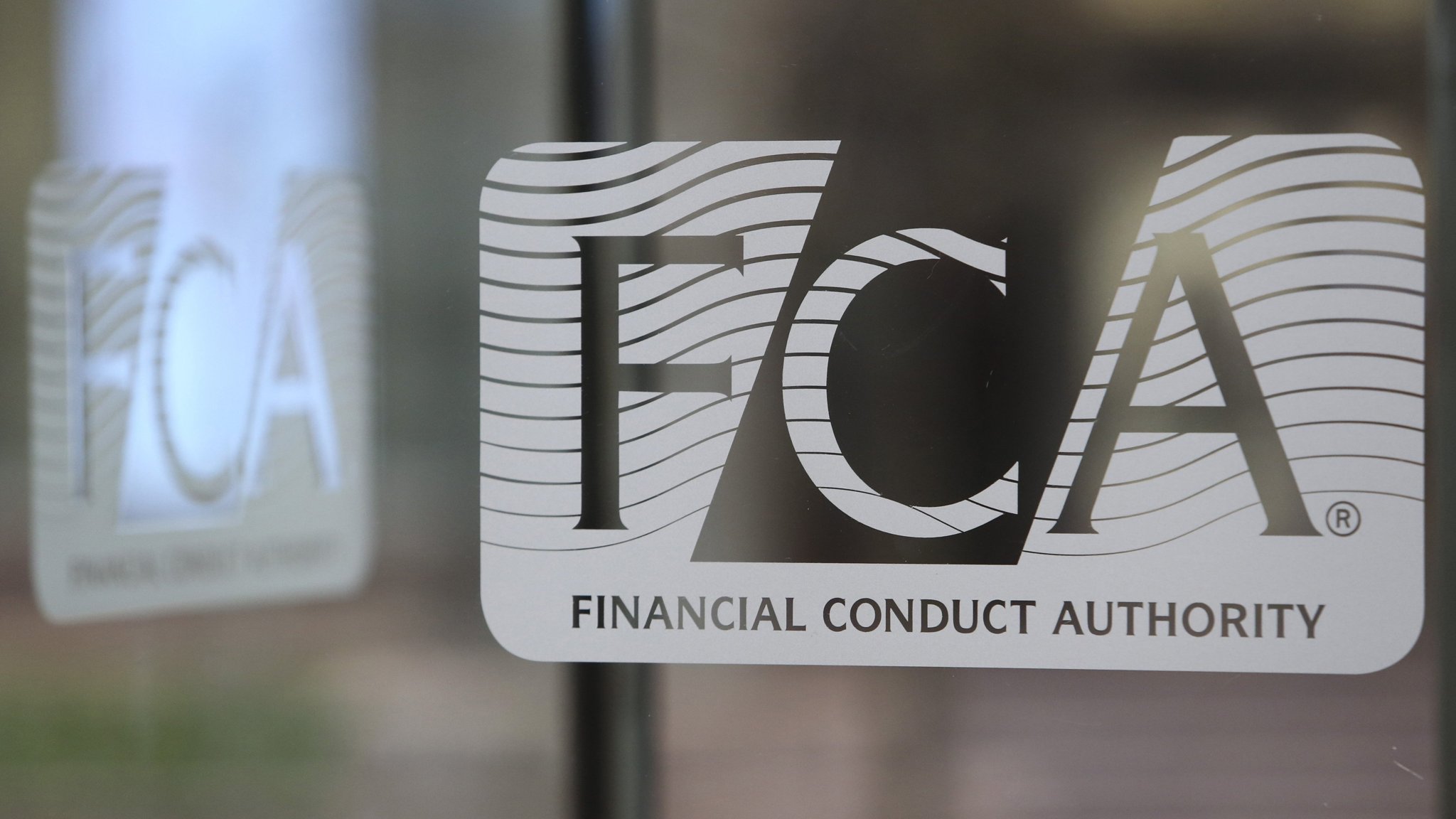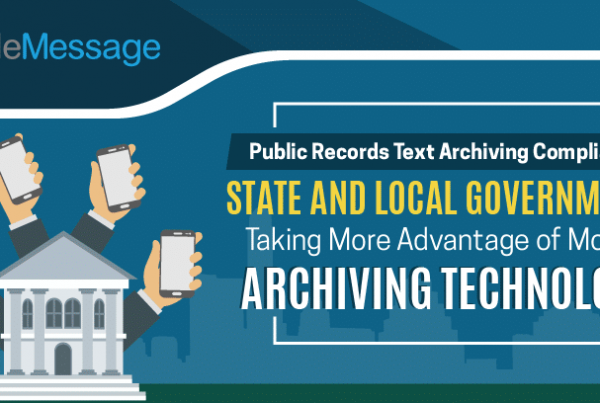On July 03, 2017, UK’s financial watchdog Financial Conduct Authority (FCA) published their final policy statement on the implementation of MiFID II for UK firms, which includes a 20-page section that discusses its taping rules and requirements – the FCA’s mandate for companies to record voice calls, archive text messages, and capture and retain trade-related electronic communications.
Read on as we detail in this post all the pertinent information about FCA recordkeeping rules for text messages and other forms of electronic communications.
Who Must Comply?
The taping requirements of FCA apply to all clients and all types of MiFID financial instruments. They will also apply to third country firms. Non-UK firms with branches in UK are now required to comply with these rules. Although European and North American firms already follow similar recordkeeping requirements from their home regulator, third-country firms from Latin America and Asia-Pacific should review their recordkeeping measures.
Compared to their previous policy intention, FCA has decided not to apply the taping rules to all aspects of corporate finance business. However, it will require corporate finance firms to capture and archive text messages, emails, chat logs, and other forms of mobile content that relate to the reception, transmission and execution of client orders, or when dealing on own account.
Discretionary investments managers (DIMs), energy market participants (EMPs), oil market participants (OMPs) and firms conducting other non-MiFID commodity and exotic derivatives businesses are now also required to comply with the taping rules.
All other firms such as UK’s Alternative Investment Fund Managers (AIFM) are still subject to new taping rules that are equivalent to those that are currently in force, although they will have to be updated to align with MiFID II recordkeeping requirements when necessary.
What are the Conversations That Must Be Captured?
The FCA requires firms to record conversations that result in a transaction being undertaken or that are intended to result in a transaction being undertaken for a period of five years. These conversations that must be captured, indexed, and supervised can either be made with, sent from, or received on devices that are:
- Provided by the firm to an employee or contractor; or
- The use of which by an employee or contractor has been accepted or permitted by the firm.
On their policy statement, FCA clarifies that in order for a conversation to be classified as those that “result or intended to result in a transaction”, the client must not be reserving their decision for a later time i.e. after the conversation ends. They must have a clear intention that they wish to bring about, have a clear idea of the order they want to undertake and be capable to convey that order to their adviser.
As such, FCA do not expect firms to be obligated to record conversations where advice is imparted unless that conversation leads to or is clearly intended to lead to a subsequent ‘order’ from the client. However, if there was a more substantive mobile conversation that resulted in the client making a particular decision, then the whole conversation must be captured and retained.
Regardless, it is on the firms discretion whether or not certain conversations are within the scope and what trade details that a client might bring up during those conversations should be captured.
As per the final policy statement, other communications that may fall within the MiFID II taping requirements include, but are not limited to, those between:
- A bank and its corporate client and between a bank and sellers related to purchases of securities in buy-back transactions for the corporate client
- A bank and selling shareholder and between a bank and buyers relating to the purchase of a block of securities by the bank and the subsequent resale of the securities in a block trade ‘bought deal’ transaction.
- A bank and buyers relating to the re-selling of shares purchased by an underwriting bank when underwriting an issue of securities.
- A bank and its clients and the bank and a third-party broker or sellers in relation to the purchase of securities as part of a stakebuilding exercise.
Where These Archived Conversations Must Be Stored?
Firms are required to store records in a durable medium which allows them to be replayed or copied; and retained at least five years and, where requested by the FCA, for a period of up to seven years, in a format that does not allow the original record to be altered or deleted.
Purpose of Archiving Electronic Communications?
According to FCA, taping helps promote “higher standards of conduct” and reinforces their ability to supervise and enforce their “wholesale conduct and market abuse regimes.” FCA believes that by archiving all trade-related conversations, confidence among issuers and investors will improve, UK’s primary capital markets will flourish, and ultimately will enable issuers to raise their finance even better.
FCA’s Recommendations to Remain Compliant
With MiFID II already in effect as of January 2018, FCA expects all firms under this rule to perform the following obligations in order to ensure compliance with their recordkeeping requirements.
- Capture, index, and supervised electronic and telephone conversations – including SMS text messages, social media conversations, WhatsApp messages and other IMs, emails, voice chats – for a period of five years through an enterprise mobile archiving solution.
- Identify and create a clear record of the employees who participates in each communication that must be archived.
- Perform proportionate surveillance and monitoring of those conversations to ensure that the firm and its employees are conducting business in compliance with the FCA rules.
- Store immutable, multiple copies of each archived conversations to protect against any kind of data loss.
Read More: FCA Fines for Non-Compliance with its Recordkeeping Requirements
The TeleMessage Mobile Archiver is an enterprise messaging app effectively addresses compliance, regulatory, eDiscovery response requirements and reduces risk across the UK financial sector. TeleMessage records mobile content, including SMS, MMS, Calls, and Chats from corporate or BYOD mobile phones. Messages are securely and reliably retained within TeleMessage servers or forwarded to an archiving data storage vendor of your choice.
Our mobile archiving products securely capture content from mobile carriers and mobile devices for a variety of ownership models (BYOD, CYOD, and employer-issued). With our multiple archiving solutions, you can always find the right tools or blend for your requirements:
TeleMessage offers cross-carrier and international mobile text & calls archiving for corporate and BYOD phones. Contact us today to try our mobile archiving products.



